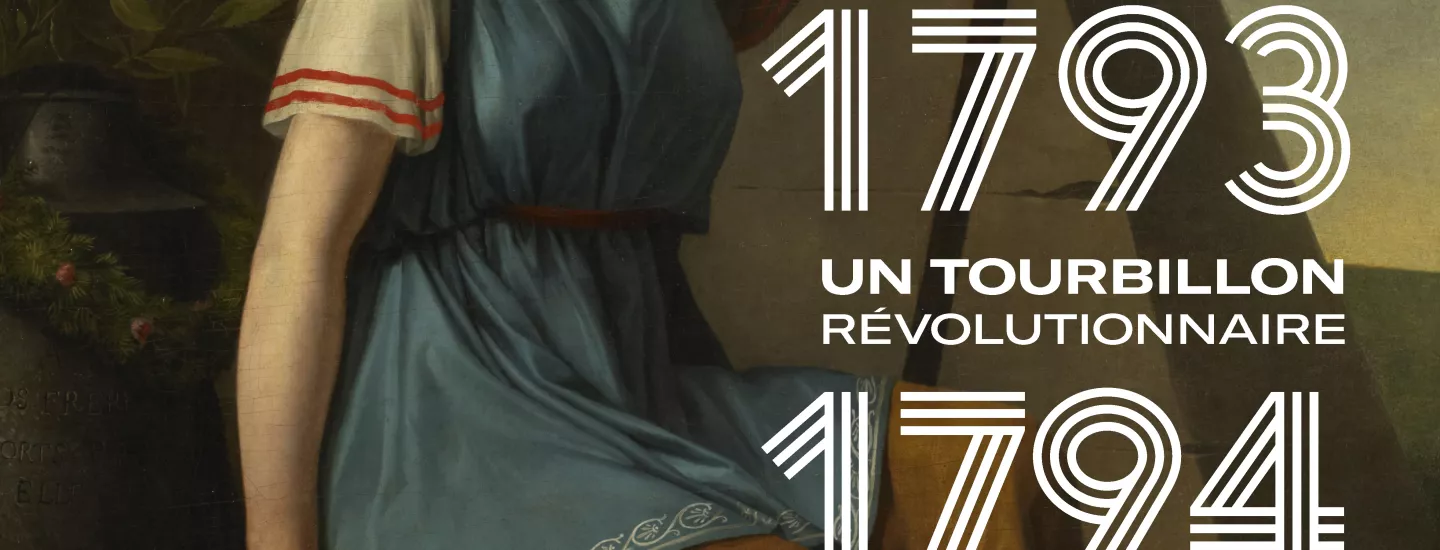
3.1 | The Revolutionary Tribunal
The Revolutionary Tribunal in Paris became the setting for the political trials of Jean-Paul Marat, Charlotte Corday, Marie-Antoinette, the Girondins, Olympe de Gouges, the Hébertists and the Dantonists.
In March 1793, the National Convention set up an extraordinary tribunal for those accused of political crimes against the Revolution. The charges were brought by the public prosecutor Antoine Fouquier-Tinville. The Girondins were the first to be targeted by collective repression, during a high-profile trial before the Revolutionary Tribunal on 30 October 1793. The “Prairial Law” (1794) further reinforced the arbitrary nature of these political trials by completely eliminating the rights of defendants, which had already been reduced considerably by the “Law of Suspects” of 17 September 1793.